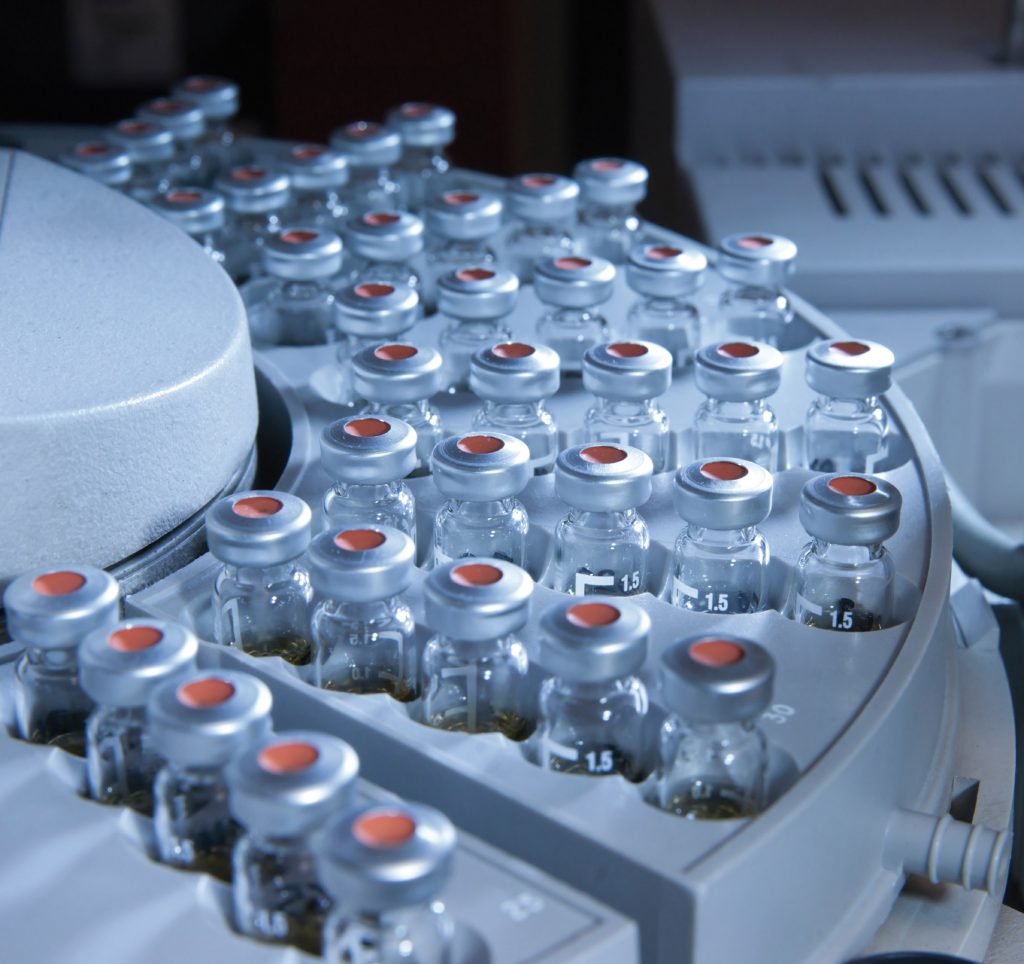Biopharmaceuticals manufacturing: Strict but supple

Robert Harrison, pharmaceutical industry manager of industrial software expert Copa-Data, explains how industrial automation solutions could change the face of biopharmaceutical manufacturing in the years to come
Despite producing innovative drugs that save millions of lives, the pharmaceutical sector is one of the most conservative areas of industry. This cautious approach to new technologies is particularly clear in pharma’s less matured subsectors, including biopharmaceuticals.
Biopharmaceuticals represent the fastest growing sector of the pharmaceutical industry, making up about 20 per cent of the market. Annual growth rates of the biopharma subsector are around eight per cent – double that of more traditional pharmaceutical sectors.
Turning challenges into opportunities
The entire pharmaceutical industry – including biopharma – is under constant pressure to deliver cost effective new drugs.
On the one hand, manufacturers need to develop small batches of personalised medicine very quickly, while on the other hand, the industry has to provide low cost and high volume production of common products like insulin or malaria vaccines.
However, biopharma is less mature than conventional pharmaceutical production and few companies in this sector have in-house manufacturing capabilities.
This pushes cutting-edge process innovation and operational efficiency to the contract manufacturing organization, supporting the trend of smaller, more agile facilities concentrating on flexibility, cost efficiency and speed.
Process technologies have advanced over recent years, breaking down production facilities to evolve the modular concept of standardised functional process modules, which help manufacturers simplify, verify and re-use designs. This flexibility means additional functionalities can be added or replaced in a seamless fashion.
Delivering cost-effective treatments places pressure on manufacturing to get the most out of its people and equipment. Improving agility and effective use of equipment, tries to balance biopharma’s long process duration times and expensive raw materials. Where possible, pushing down manufacturing costs can be achieved through optimisation, reduced material usage and energy consumption.
Flexibility
Newly evolving drugs and treatments, changes in industry standards and rising energy prices are some of the main reasons why biopharmaceutical manufacturing requires more flexible processes and production lines.
Traditional brick and mortar facilities are struggling to meet industry requirements. Instead, manufacturing on demand or modular facilities are being developed to respond to increasing industry needs.
When the physical processes within a biopharma manufacturing facility are modular, their agile nature is enhanced by the software component facilitating the modular connections.
Software is the umbrella that allows change within the process, moving each validated module into place, according to the process demands.
Industrial automation plays a key role in making manufacturing lines suitable for several products.
However, hardware is of little use without a communication system and software package that offers a holistic view and coordinates different stages, from research and development to the shop floor production systems, storage and transport.
Industrial automation software needs to be intuitive and easily configurable. This eliminates the lengthy and complex process of writing and validating programmed code.
By using parameterisation, automation software becomes easy to implement in pharmaceutical manufacturing environments, therefore increasing process flexibility.
Reducing costs
There are many ways in which intelligent automation helps reduce costs in the biopharmaceutical production. It can ensure expensive materials are not wasted, processes are streamlined.
Industrial automation software helps biopharmaceutical companies visualise all the manufacturing activities and process stages, which is essential when analysing production and energy efficiency. It allows process managers to identify the most intensive stages and visualise how to optimise the overall operation.
Biopharmaceutical companies are already experiencing a gentle transition from ‘one-line one-product’ setups to agile, multi-product facilities to manage current and future manufacturing.
The transition might not be a straightforward or rapid one, but it is a journey that is made easy by the next generation of industrial automation software that improves process knowledge, demonstrates regulatory compliance and reduces risks associated with process changes.

